Meaningful Hobbies for the Life of a Health Scientist
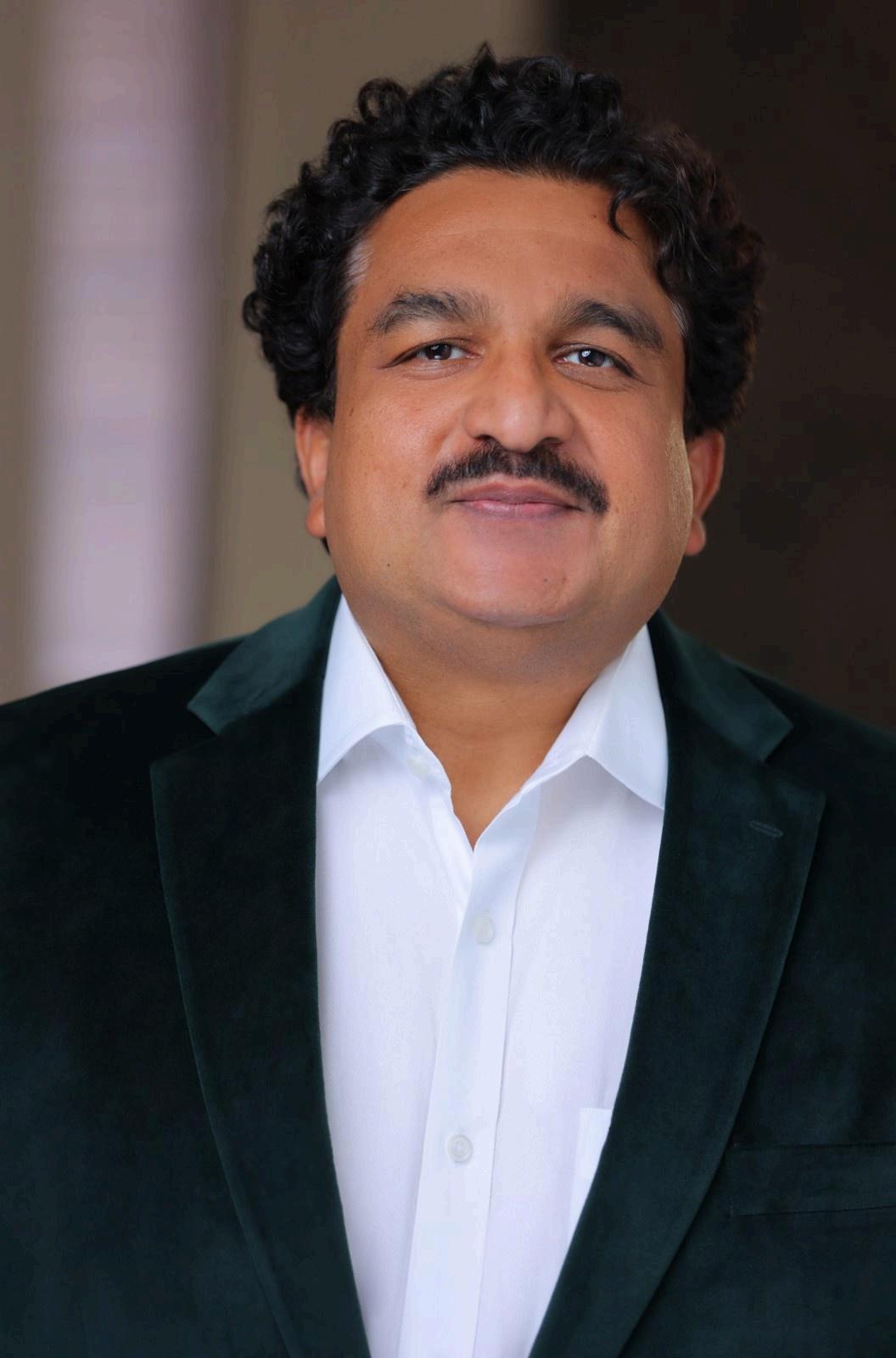
Isam Vaid believes that a career in health science is both rewarding and demanding, often requiring long hours of research, patient care, or academic study. While dedication to the field is essential, maintaining balance through meaningful hobbies can greatly enrich a health scientist’s life Engaging in fulfilling activities outside of work not only promotes relaxation but also nurtures creativity, focus, and resilience, qualities that benefit both professional and personal growth
One hobby that provides both physical and mental benefits is gardening Many health scientists find joy in tending to plants, cultivating vegetables, or caring for flowers. Gardening offers a chance to spend time outdoors, exposure to fresh air, and the soothing rhythm of working with the soil. It also reinforces lessons about patience, cycles of growth, and environmental stewardship. These principles often parallel scientific inquiry, reminding researchers of the interconnectedness between humans and the natural world Additionally, the act of growing food can foster a deeper appreciation for nutrition and sustainability, concepts closely tied to the field of health science
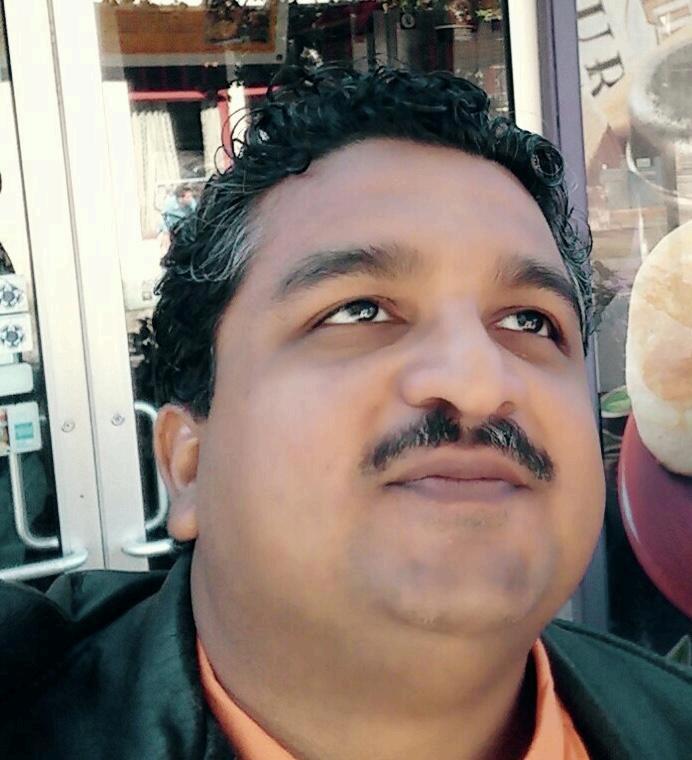
Another enriching hobby is physical activity, particularly forms that combine exercise with mindfulness. Activities such as yoga, tai chi, and hiking allow health scientists to decompress from the intensity of their work while maintaining personal wellness Hiking, for instance, provides opportunities to explore natural environments and observe ecosystems firsthand, sparking curiosity about environmental health and biology Yoga and tai chi, on the other hand, emphasize balance, flexibility, and mindfulness, encouraging scientists to maintain mental clarity and reduce stress. Regular physical activity not only contributes to personal health but also reinforces the importance of promoting lifestyle practices that they may advocate for in their own professional roles
Artistic hobbies also play a significant role in enriching the lives of health scientists. Engaging in music, painting, or creative writing allows individuals to channel their thoughts and emotions in constructive ways. Music can serve as a therapeutic outlet, whether through playing an instrument or simply listening attentively. Painting or sketching provides a space for visual expression, stimulating different parts of the brain and enhancing creativity Creative writing, from journaling to poetry, allows health scientists to reflect, process complex experiences, and develop communication skills that are valuable in both academic and patient-centered settings
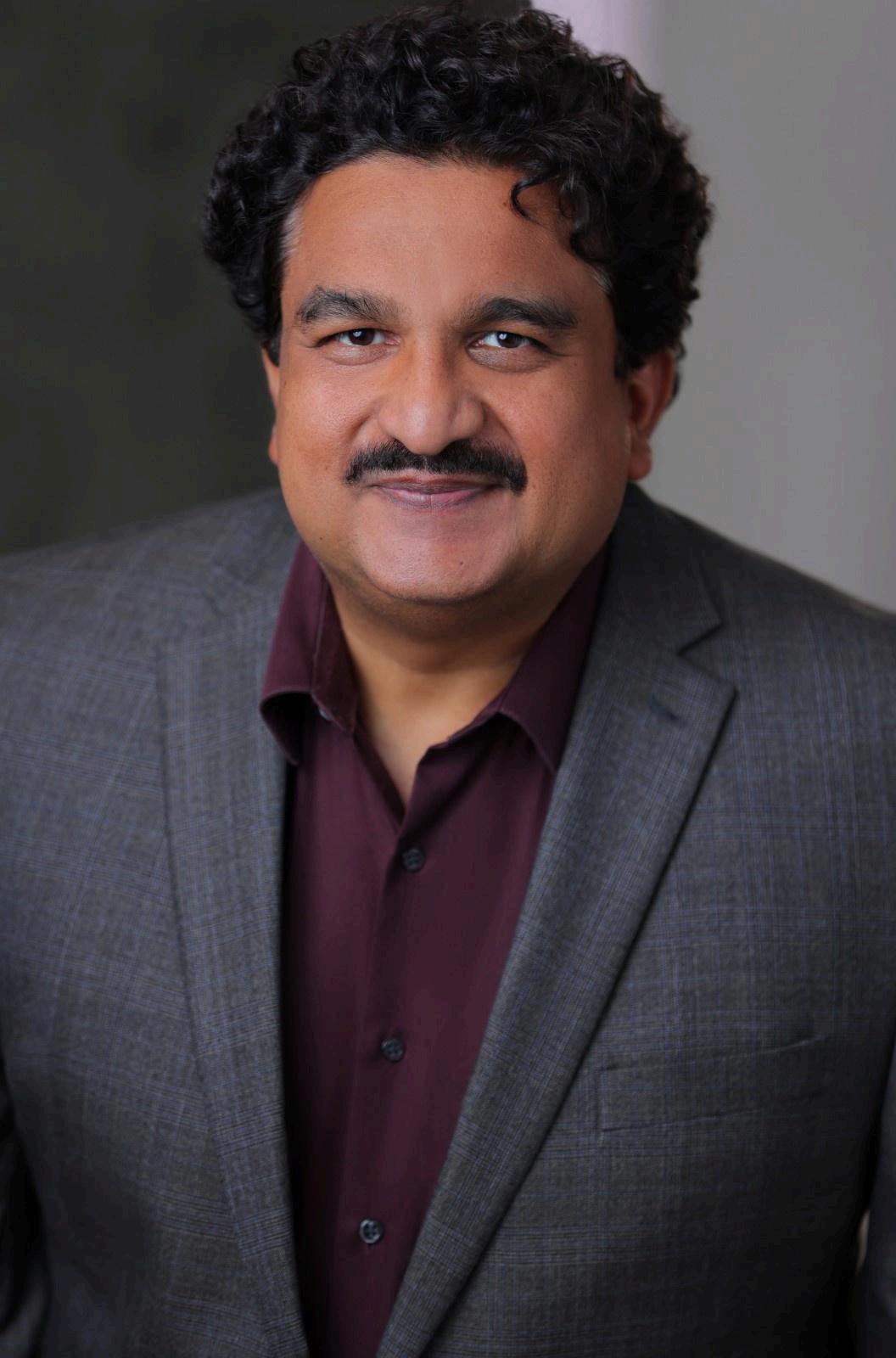
Language learning is another hobby that offers both personal and professional advantages In a globalized world, health scientists often collaborate across cultures and borders. Learning a new language not only expands cognitive ability but also builds bridges with diverse communities This can improve communication with patients, enhance cross-cultural research, and foster mutual respect in international collaborations. The process of mastering a new language also mirrors scientific exploration; it requires persistence, critical thinking, and adaptability.
Volunteering stands out as a hobby that blends passion with purpose Many health scientists choose to dedicate part of their free time to community service, whether through local health outreach programs, educational initiatives, or global missions This practice reinforces their commitment to improving lives while offering experiences that extend beyond their professional routine. Volunteering also strengthens empathy and cultural understanding, which are crucial for anyone working in health-related fields
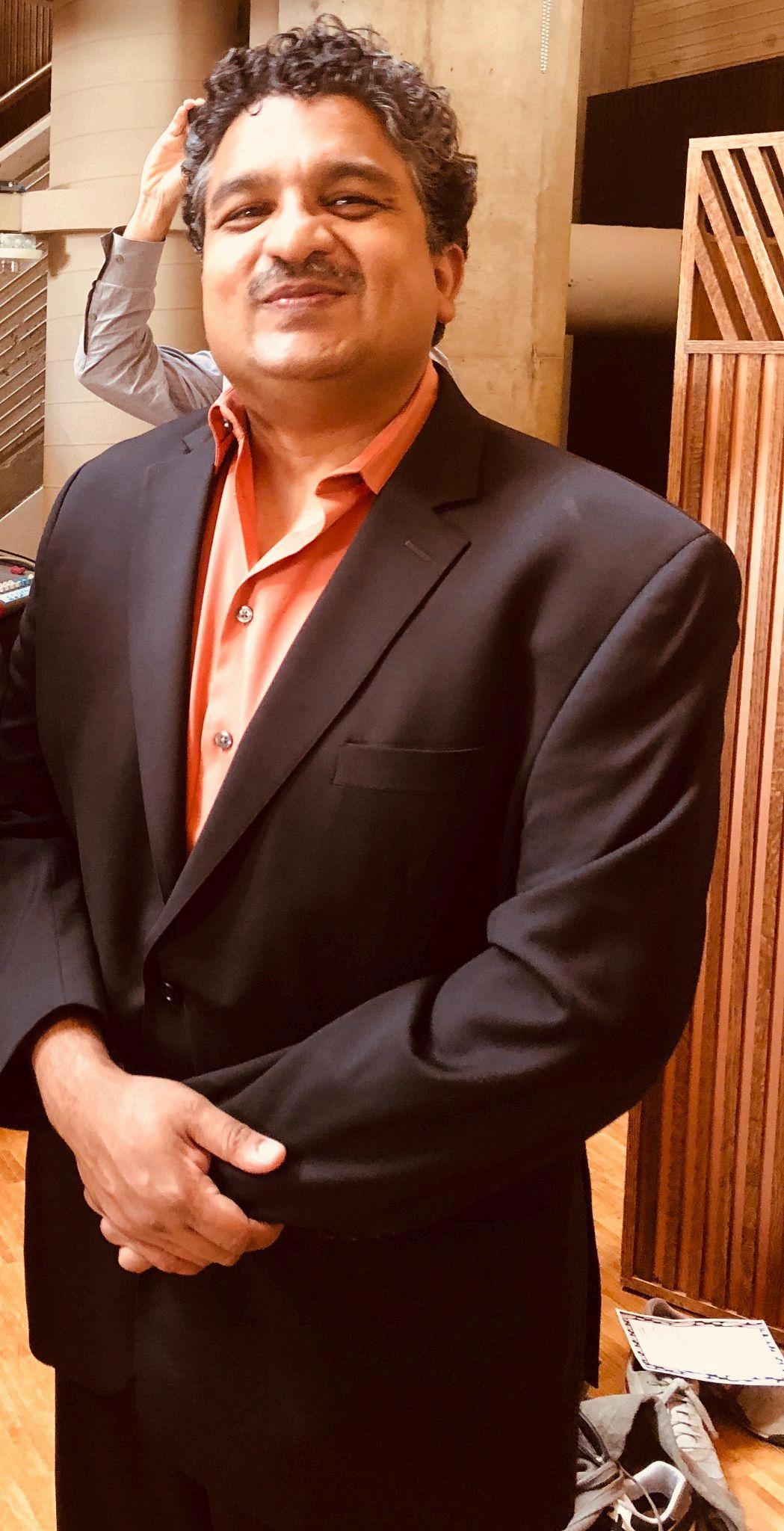
Reading remains a timeless hobby that complements the life of a health scientist While scientific journals and academic texts are central to their careers, exploring literature beyond their field offers new insights and perspectives Fiction can develop empathy by immersing readers in different lives and experiences. Non-fiction, including history, philosophy, or psychology, can broaden understanding of human behavior and societal structures. Reading widely nurtures intellectual curiosity and helps maintain a balanced perspective, which can enhance both research and practice in health science.
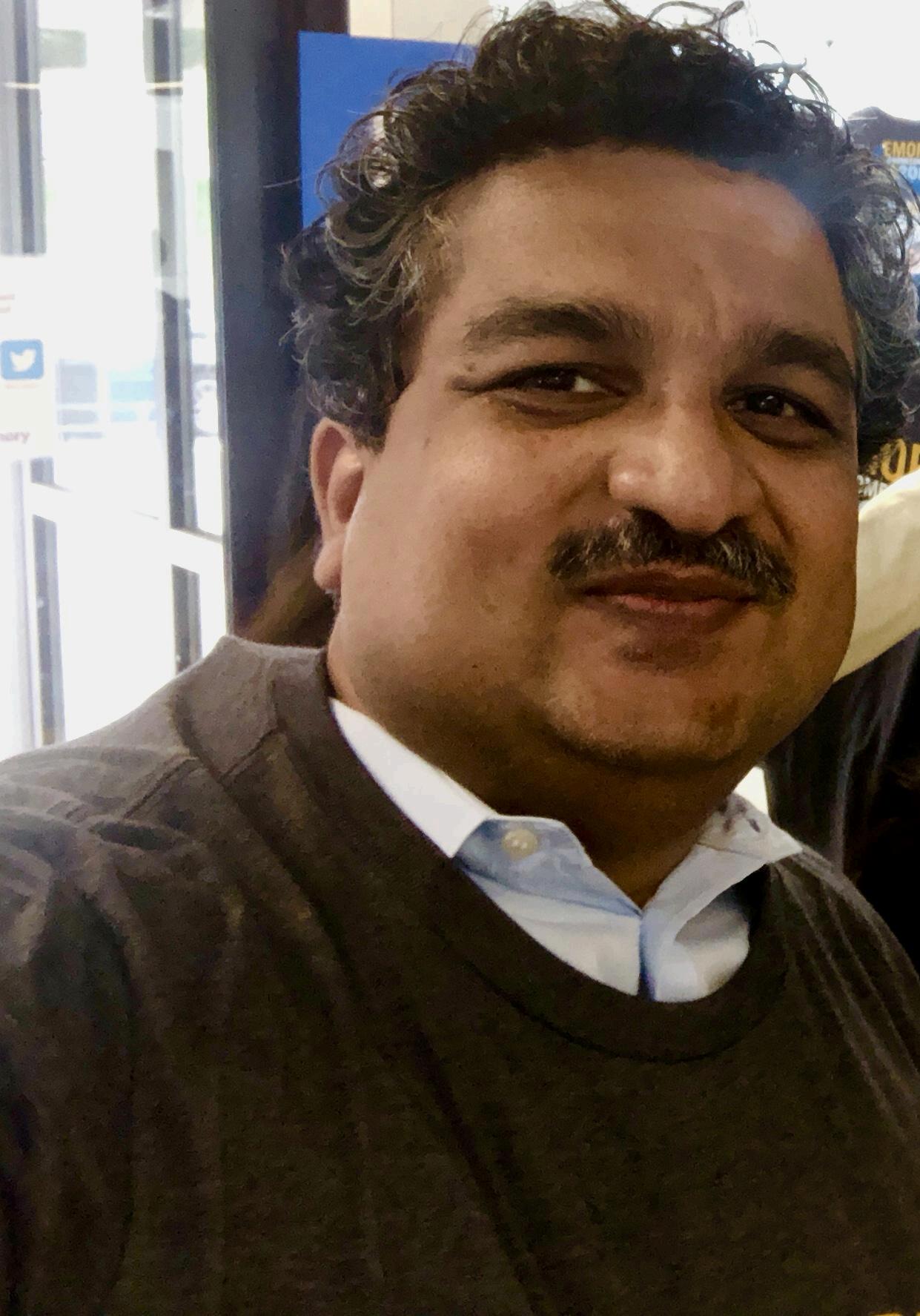
Travel, too, enriches the life of a health scientist by providing exposure to new environments and cultural practices Exploring different countries allows them to see how health care systems vary and how cultural traditions shape approaches to wellness. Such experiences not only inspire fresh ideas for research but also encourage adaptability in problem-solving Travel also recharges the spirit, giving scientists a renewed sense of purpose when they return to their work
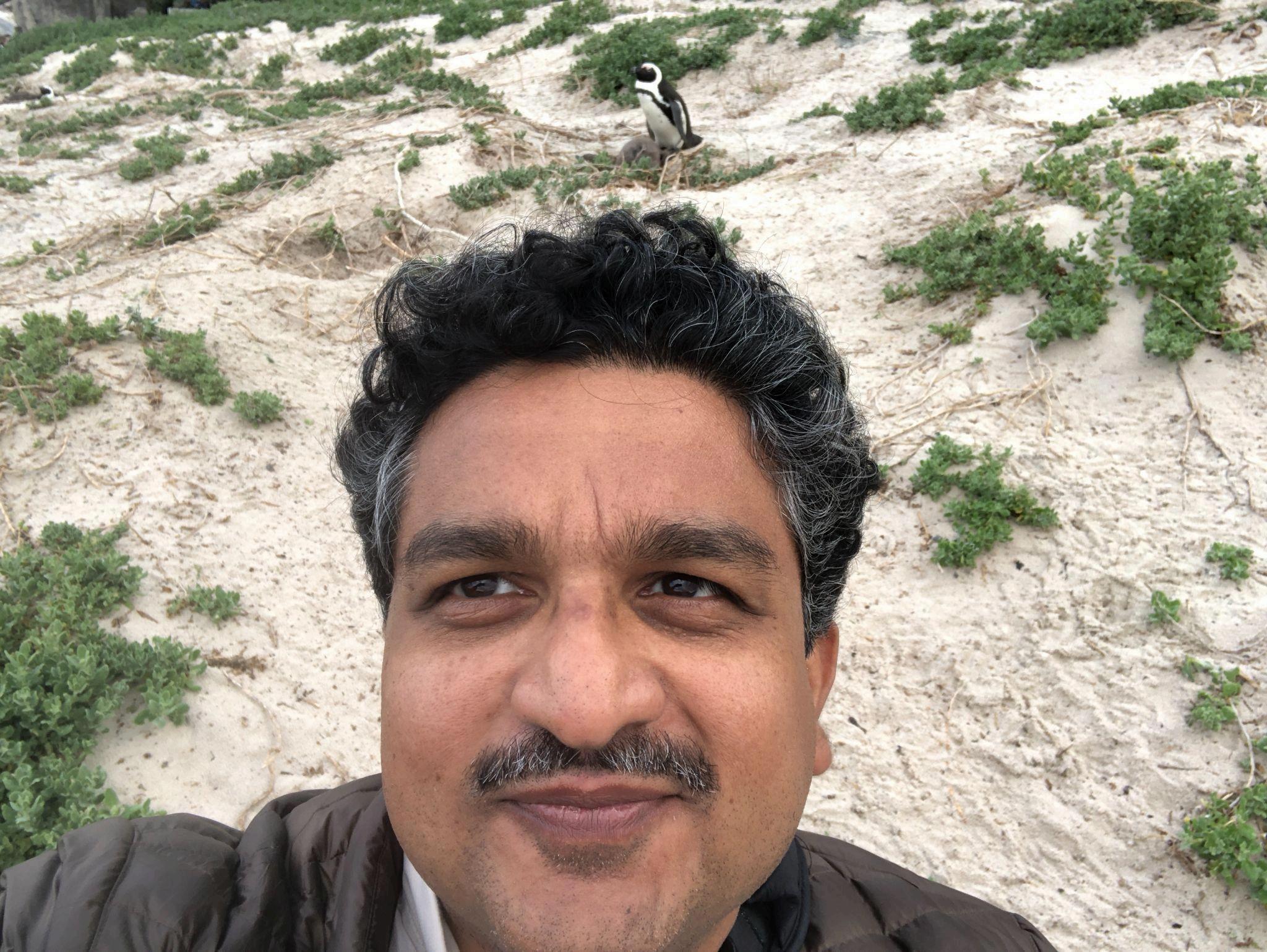
Incorporating hobbies into daily life ultimately enhances well-being, fosters resilience, and strengthens the ability to face challenges in the demanding world of health science. Whether through gardening, creative pursuits, physical activity, or cultural exploration, these activities serve as vital outlets for personal fulfillment and growth For health scientists who dedicate themselves to improving the lives of others, nurturing their own development through meaningful hobbies ensures they remain inspired, balanced, and effective in their professional calling
